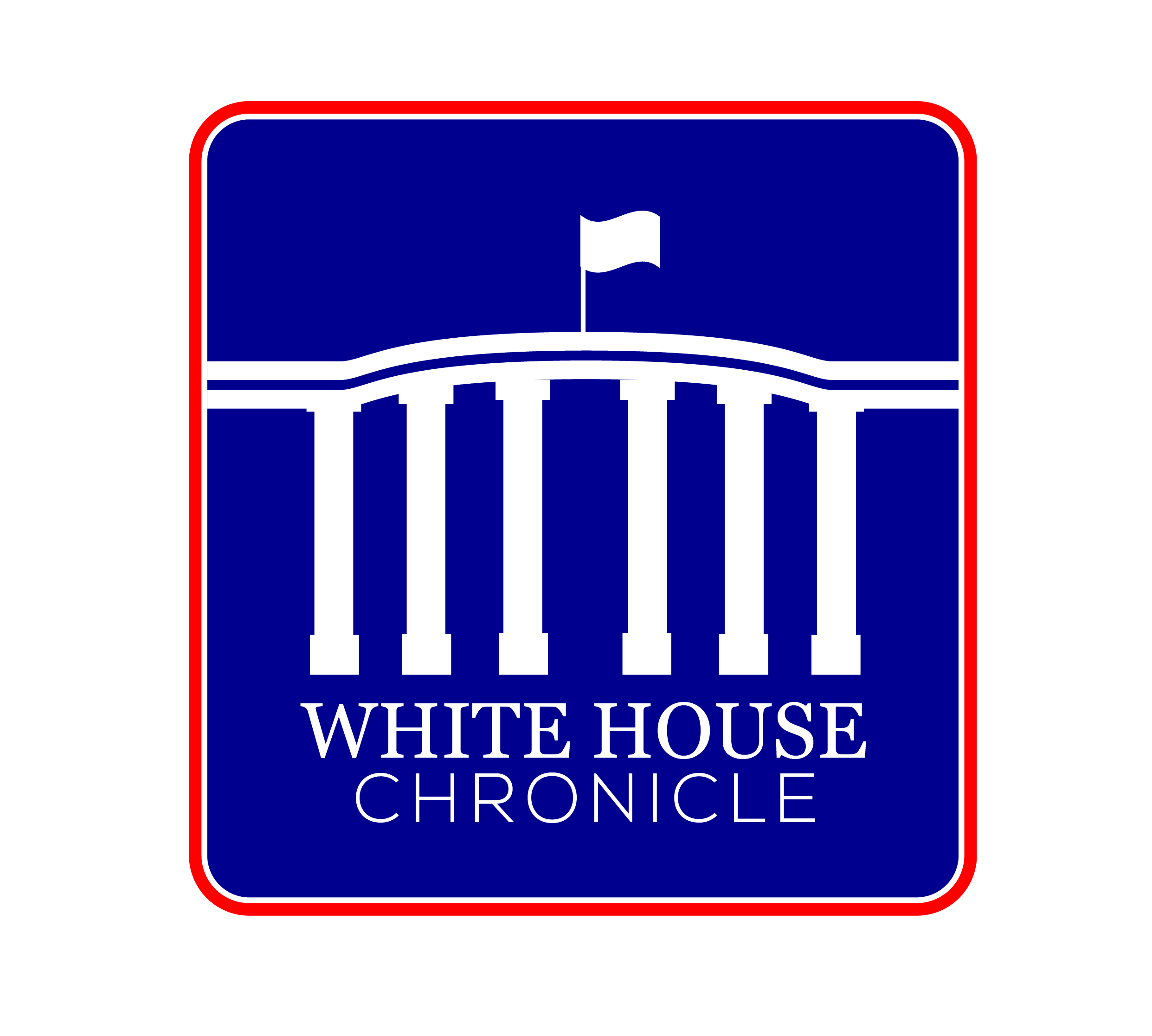There is a melancholy that pervades the Russian character which outsiders can see but cannot know. A brutal history played out against a harsh land has made the Russians fatalistic and inclined to believe things will get worse rather than better. Oh well, they sigh, there is always music, poetry and vodka. Always vodka.
Then along came Vladimir Putin. Since his arrival at the Kremlin in 2000, pride and possibility have come to Russia. To prove it, Putin’s United Russia party has swept the polls, garnering an extraordinary 64 percent of the vote. Yes, the polling was suspect. Yes, Putin has curbed the media and thugs have murdered journalists. Indeed, the pro-Putin rallies have smacked of state sponsorship. But nonetheless, Putin has restored Russian confidence and has replaced chaos with order.
The Russians love Putin. To them he is either the young Jack Kennedy or Ronald Reagan–the Reagan of “Morning in America.” Putin has meant “Morning in Russia” to most Russians. He did not have to rig an election, any more than Richard Nixon’s people had to break into the Watergate; but paranoia goes with power.
Putin’s election victory is all about Putin, although he was not on the ballot. He told the Russians to vote for his team and they did in droves. More, they did it with very little idea about the philosophy of the United Russia party. He told them there is a plan for the future, but he has not disclosed it. Presumably, it is more of Putin; although he says he will honor the constitution and step down in March, when his two terms are up. Of course, Putin could tear up constitution, and all that would be heard would be the deafening roar of an approving public.
Politics in Russia is the politics of personality. The only real opposition to Putin’s bunch is the Communist Party, a spent force. Two smaller parties vote with the Putin bloc.
With the press muzzled or intimidated, Putin was able to pull off his election coup with little analysis of how he has run the country or who wields the power in his administration. Most Russians grasp that the State Duma, the parliament’s lower house, has little real power. That rests with the “siloviki”–the former KGB men and military officers who have carved out powerful positions in the administration. They do this by controlling part of the cash flow of the state-owned gas and oil behemoths, Gazprom and Rosneft. While the siloviki understand power, they are inept managers. But thanks to record oil and gas prices, there is enough money to paper over the cracks.
The Russians know that, by and large, they are better off today than they have been in living memory—that includes the waning days of the Soviet Union and the economic chaos of the Yeltsin years. A young Russian friend of mine, who has grown up and prospered in Putin’s Russia, thinks Putin is a saint. He thinks the evidence for this is that Putin has not made himself president for life. Instead, Putin’s own future is extremely hazy. He may settle for the weak office of prime minister, or, as rumored, as head of Gazprom or Rosneft.
Russians understand the cruelty of fate, the wonder of music and literature, and the efficacy of vodka. But they are awed by a potential dictator who would walk away from power. That, Ivan, calls for another vodka.

 Follow
Follow